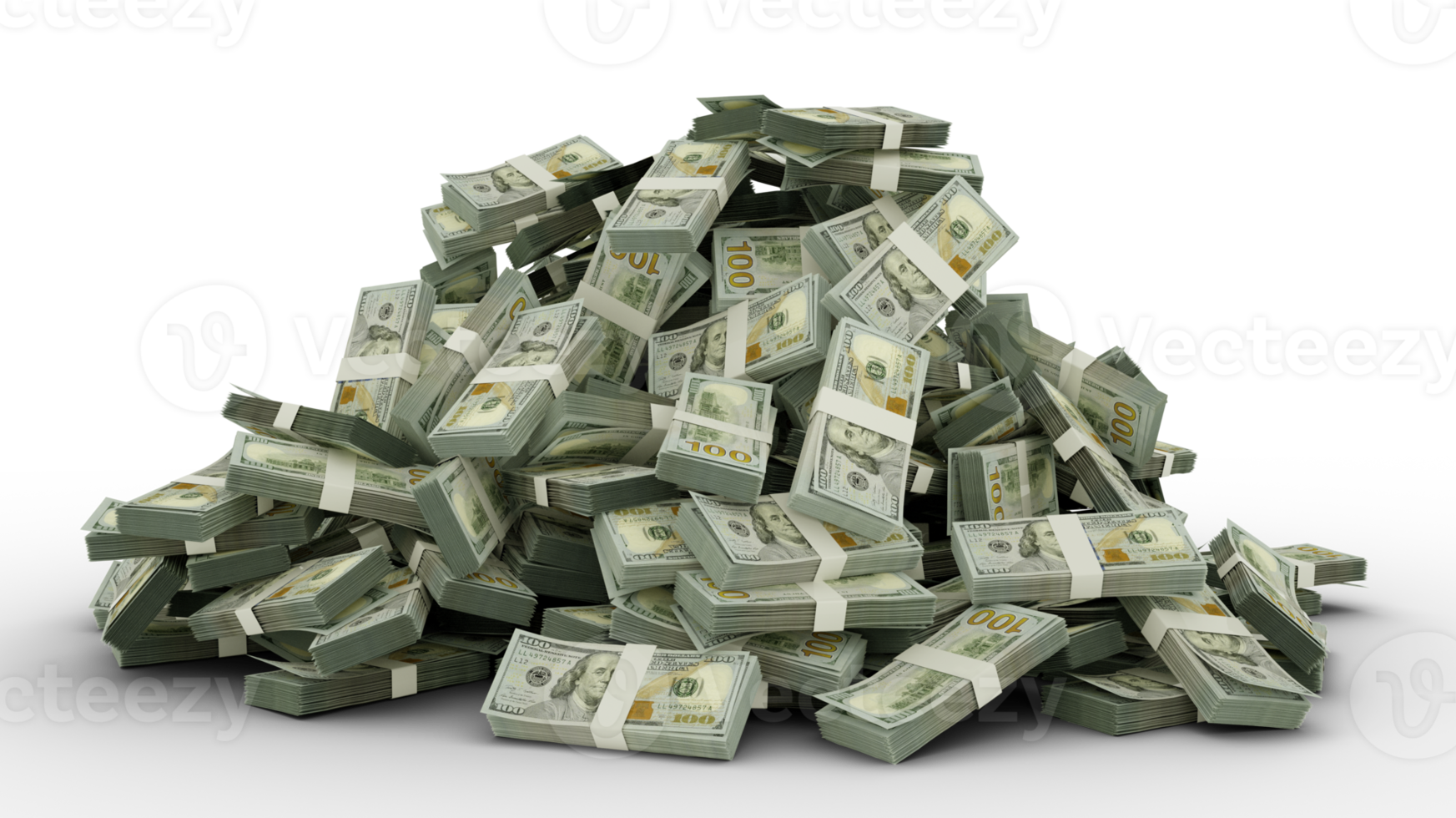Cash Meets - Your Money Moments Explained
Have you ever felt a bit like a computer server that is, you know, just sort of scratching its head, trying to figure things out? That feeling, where something just doesn't quite make sense, or perhaps you hit a dead end, is that something we all experience from time to time. It's a moment of slight confusion, a pause, a brief halt in what you were trying to do. This sensation, interestingly enough, can pop up in all sorts of life areas, and it certainly appears when we think about our finances, when cash meets the various aspects of our daily existence.
Sometimes, we try to access something, like a specific webpage, and we get that message that says, "We couldn't find the page you're looking for." It asks you to check if you've typed the address correctly, which is, honestly, a pretty simple suggestion. But that moment of not finding what you seek, that little hiccup, really, it can feel a bit unsettling, can't it? It's a prompt to pause, to look again, and perhaps to consider a different approach altogether. This is often how things feel when our personal cash flow or financial plans hit an unexpected bump.
Consider how this might relate to money matters. There are times when our plans for our money, or even just our everyday spending, seem to run into a wall, much like a server looking for a page that isn't there. It's about those instances where cash meets reality in a way that wasn't quite what we expected. These moments, while perhaps a little frustrating, give us a chance to rethink, to adjust, and to find a different path forward with our money, just like checking that web address again or finding a new link.
Table of Contents
- When Your Money Hits a Snag
- What Happens When Cash Meets Unexpected Turns?
- Building Your Financial Foundation
- Getting Creative with Cash Meets
- The Digital Dance of Cash
- How Does Cash Meet New Ways to Pay?
- Learning and Growing with Your Money
- Where Cash Meets Knowledge
When Your Money Hits a Snag
Imagine your personal financial system, your money flow, as a kind of computer server. Sometimes, that server, your financial mind, appears to be, you know, just sort of scratching its head. It's a feeling of momentary bewilderment, perhaps when a bill arrives that you hadn't quite accounted for, or when an expense pops up that feels a bit out of the blue. This isn't about something being broken, not really, but more about a momentary lapse in what you expected to happen with your funds. It's a situation where the expected path for your money just isn't there, and you're left looking for a different route.
This feeling of not finding the page you're looking for, or rather, not finding the financial solution you hoped for, is a common experience. Perhaps you planned to put a certain amount into savings, but then something came up, and suddenly that plan isn't quite working out. This is a clear instance where cash meets a roadblock, a moment of slight disorientation. It asks us to pause, to check our figures, to see if we've perhaps miscalculated or overlooked something in our financial picture. It's a gentle nudge to review our approach, much like re-typing a web address to ensure it's correct.
What Happens When Cash Meets Unexpected Turns?
So, what actually takes place when your money, your very own cash, encounters one of these unexpected turns? Well, typically, it means you have to adjust. Maybe a car repair bill arrives that you weren't expecting, or perhaps a sudden need for a new appliance comes up. These are the moments when your carefully laid plans for your funds get, you know, just a little bit shaken up. Your money, which you thought was headed one way, now needs to go another, creating a slight shift in your financial path.
People react to these moments in different ways. Some might feel a bit of frustration, naturally, because no one enjoys financial surprises. Others might see it as a chance to get creative, to find new ways to make their money work for them, even with these sudden changes. It’s about how your available cash meets the reality of unforeseen expenses. The key, in a way, is to understand that these bumps are a normal part of life and that figuring out how to handle them is a valuable skill for anyone managing their own funds.
Building Your Financial Foundation
Now, let's think about building something simple and effective, something that helps you get started without too much fuss. There's this idea, similar to a free programming language and online community called "Scratch," where you can create your own interactive stories, games, and animations. This tool is, you know, pretty straightforward, and it's designed to let people build things from the ground up, using simple blocks. In a similar spirit, building a solid financial foundation for your money doesn't have to be overly complicated, not really.
It's about finding those basic tools and approaches that make sense for you, much like those easy-to-use blocks in "Scratch." When cash meets the very first steps of managing it well, it often involves setting up a simple budget, tracking where your money goes, and perhaps setting aside a little bit for a rainy day. This isn't about complex investments or fancy financial schemes; it's about getting the basics right, creating a clear picture of your money, and giving it a purpose, just like you would with a simple story or game you're putting together.
Getting Creative with Cash Meets
So, how can you actually get a bit creative when cash meets your personal financial goals? Think about making games, stories, and interactive art with "Scratch." It's about taking simple components and arranging them in ways that are engaging and meaningful. The same kind of creative thinking can be applied to how you handle your money. Instead of seeing budgeting as a chore, you could, for instance, turn it into a kind of personal game, where you challenge yourself to save a certain amount or reduce specific spending categories.
Making money management less intimidating, or even a little bit fun, is honestly a great way to stay engaged with it. You can create your own "story" for your money, outlining where it comes from, where it goes, and what you want it to achieve. This approach helps you visualize your financial journey, making it feel less like a dry spreadsheet and more like a narrative you are actively shaping. It's about finding ways for your cash to meet your aspirations in a way that feels personal and, well, just a little bit more enjoyable.
The Digital Dance of Cash
For a long time, money meant physical coins and paper notes, something you could hold in your hand. But things have changed quite a bit, haven't they? Now, when cash meets the way we pay for things, it's often a digital interaction. Your money might exist as numbers on a screen, moving from one account to another with just a few taps or clicks. This shift from tangible money to online systems is, in some respects, a really significant change in how we interact with our funds on a daily basis.
This digital dance means that our money, even if it started as physical cash, quickly transforms into electronic signals. Paying for groceries, sending money to a friend, or settling a bill can all happen without ever touching a single coin or note. It's a very different experience from counting out change at a shop, and it certainly changes how we perceive our wealth. This is the modern reality of how cash meets the convenience and speed of the digital world, making transactions almost instantaneous.
How Does Cash Meet New Ways to Pay?
So, in this modern landscape, how exactly does cash meet all these new ways to pay for things? Well, there are quite a few options now, aren't there? From using a card that draws directly from your bank account to tapping your phone at a payment terminal, the methods are pretty varied. Each way of paying has its own set of considerations, too. Some offer quickness, while others might provide a detailed record of your spending, which is, honestly, quite helpful for keeping track of your funds.
The convenience of these modern money handling methods is undeniable. You can make purchases from almost anywhere, at any time, without needing to carry a wallet full of bills. But it also means that your cash, or rather, your access to it, is often tied to technology. This interaction, where your money connects with these new payment systems, really highlights how much our financial habits have evolved. It's about finding the balance between ease of use and being aware of where your money is going, especially when it moves so quickly.
Learning and Growing with Your Money
Just like you might look up a YouTube tutorial to learn how to do something new, like, say, how to make a game with "Scratch," learning about money is an ongoing process. You don't just figure it out once and then you're done; it's something you continually build upon. This idea of seeking out guidance, of watching someone explain a concept, is a really valuable way to grow your understanding of how your money works and how to make it work better for you. It’s about being open to new ideas and fresh perspectives.
The journey with your money is, in a way, a continuous path of learning and adapting. You might start with some basic budgeting, but then you learn about saving for bigger goals, or perhaps how to handle unexpected expenses. This ongoing process of financial education means that your relationship with your funds is always developing. It's about allowing your cash to meet new insights and knowledge, helping it to serve your needs more effectively over time, which is, honestly, a pretty rewarding experience.
Where Cash Meets Knowledge
So, where exactly does cash meet knowledge in a way that truly helps you? It happens when you actively seek out information, when you spend time understanding how different financial choices impact your funds. This could mean reading articles, listening to podcasts, or, yes, even watching those online tutorials that break down complex ideas into simpler, more manageable pieces. The more you know, the better equipped you are to make thoughtful decisions about your money, which is, you know, pretty important.
The importance of seeking information cannot be overstated when it comes to your money. When you connect your funds with a deeper understanding of how money behaves, you can improve your financial outcomes significantly. It’s about making informed choices, about understanding the various paths your cash can take, and about guiding it towards your personal goals. This fusion of your money with solid information is, essentially, what helps you build a more secure and predictable financial future, allowing your cash to serve you better.
This article explored how "cash meets" various aspects of our lives, from unexpected financial hiccups to the simplicity of building a budget, the shift to digital payments, and the continuous learning involved in managing our money effectively.
- %D8%B3%D9%83%D8%B3%D9%8A %D8%B7%D9%8A%D8%A7%D8%B2 %D9%83%D8%A8%D9%8A%D8%B1%D9%87
- Vic Fabe Videos
- Asmr Gone Wild
- Alex Irle
- Indiana Mylife

Pile Of Money PNGs for Free Download

Big stack of 1000 Nigerian naira notes. A lot of money isolated on

Cash 500 Rupee Bank Notes Bundles Stock Image